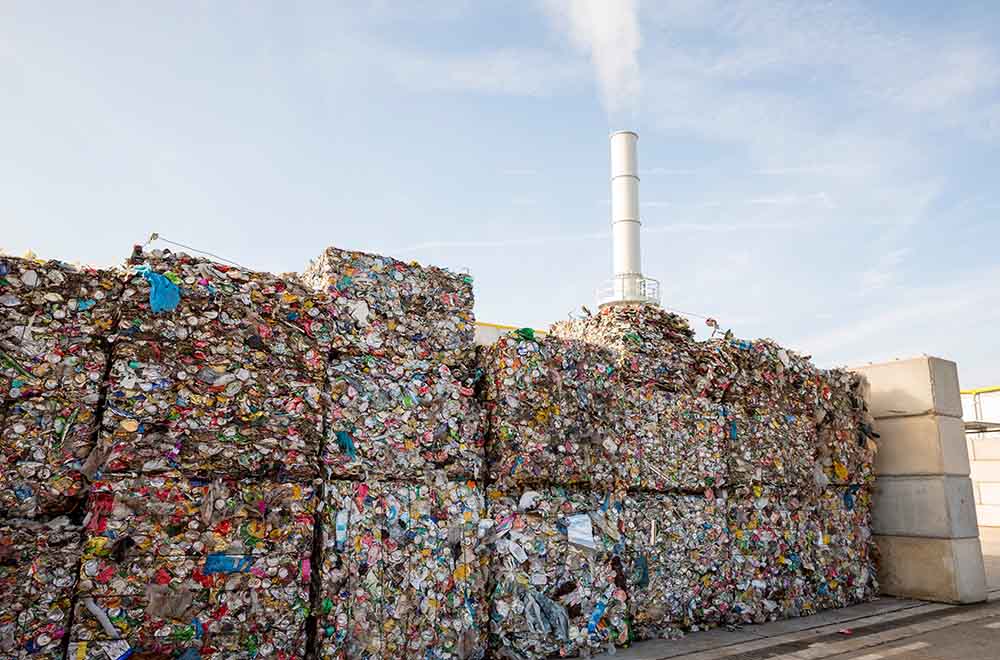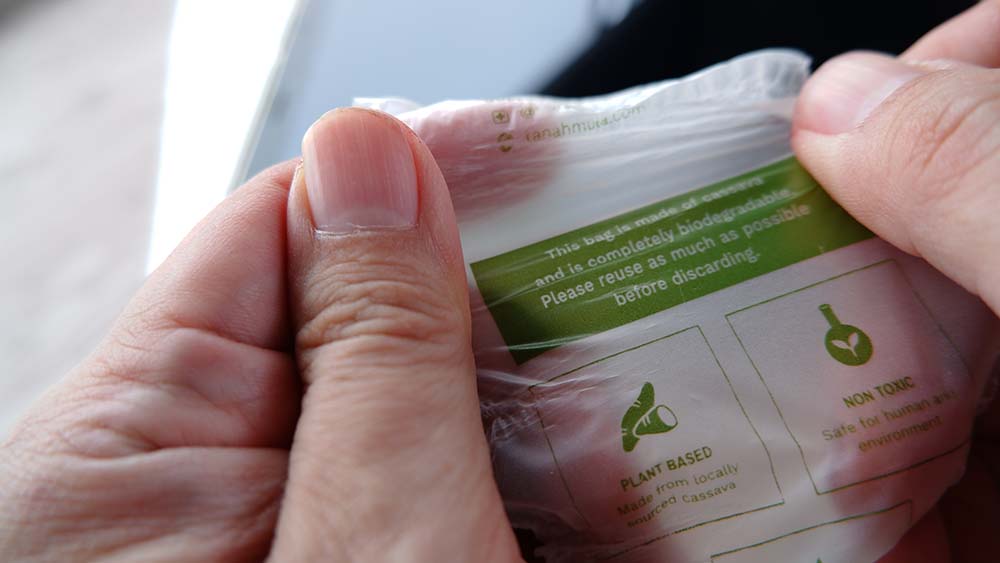As the world grapples with urgent environmental challenges, innovative solutions are emerging to combat climate change, reduce pollution and pave the way for a sustainable future. From converting waste into energy to harnessing the power of ocean waves and revolutionising plastic production, these planet-saving innovations offer hope and tangible steps towards a greener world. We explore four remarkable innovations that are making a positive impact on our planet: waste-to-energy, wave energy, carbon tracking software and plant-based plastic.
Waste-to-Energy: Transforming Landfill Waste Into Electricity
Waste-to-energy is an innovative process that tackles two critical environmental concerns simultaneously—reducing landfill waste and generating clean electricity. The technology involves incinerating waste materials in a controlled environment to produce high-temperature steam, which drives turbines and generates electricity. Municipal solid waste, agricultural residues and industrial waste can all be utilised in this process.
The benefits of waste-to-energy are twofold. Firstly, it significantly reduces the volume of waste sent to landfills, mitigating the strain on limited land resources and minimising environmental impact. Secondly, it generates electricity using a renewable and clean energy source, reducing dependence on fossil fuels and lowering greenhouse gas emissions.

Wave Energy: Tapping Into The Power Of The Ocean
Wave energy, also known as ocean wave power, harnesses the natural motion of waves to generate electricity. Waves carry vast amounts of kinetic energy, making them an abundant and untapped renewable resource. Wave energy conversion technologies capture and convert this energy into usable electrical power.
One of the key advantages of wave energy is its virtually limitless availability. Waves are created by the sun's energy and wind patterns, ensuring a continuous and reliable source of power. By harnessing wave energy, we can reduce reliance on fossil fuels, cut greenhouse gas emissions and combat climate change. The predictability and consistency of ocean waves make wave energy a stable and dependable power source.

Solar Glass: Harnessing Energy From Sunlit Windows
Imagine a world where every window in a skyscraper could generate clean energy. This vision is becoming a reality through the innovation of solar glass. Solar glass is a transparent window material that not only allows light to pass through, but also captures the sun's energy and converts it into electricity.
Traditionally, the challenge with solar glass has been balancing transparency with energy efficiency. However, advancements in technology have made it possible to develop high-performance solar cells that achieve impressive efficiency while maintaining transparency.
By harnessing solar energy from windows, we can reduce our dependence on fossil fuels, decrease greenhouse gas emissions and promote a more sustainable energy landscape.

Carbon Tracking Software: Measuring And Managing Emissions
Carbon tracking software plays a crucial role in helping organisations measure and analyse their greenhouse gas emissions. By tracking emissions across different scopes, including direct and indirect sources, this software provides accurate data to calculate a company's carbon footprint. This information enables businesses to make informed decisions, set reduction targets, and optimise sustainability initiatives.
Carbon tracking software empowers organisations to better understand their environmental impact. It identifies areas of high emissions, facilitates targeted actions to reduce carbon footprint, and supports the transition to a low-carbon economy. By utilising this software, companies can enhance their sustainability efforts and contribute to global emission reduction goals.

Plant-Based Plastic: A Sustainable Alternative
Plastic pollution poses a significant threat to ecosystems and biodiversity. Plant-based plastics, also known as bioplastics or biopolymers, offer a sustainable alternative to traditional petroleum-based plastics. Derived from renewable biomass sources, such as corn starch, sugarcane, algae or vegetable oils, plant-based plastics significantly reduce greenhouse gas emissions and dependence on finite resources.
Plant-based plastics have a lower carbon footprint compared to conventional plastics. By utilising crops and organic waste, they contribute to a circular economy, reducing the demand for fossil fuels and promoting sustainable agriculture practices. Moreover, plant-based plastics possess the advantage of biodegradability or compostability under the right conditions, offering a potential solution to the plastic waste problem.
